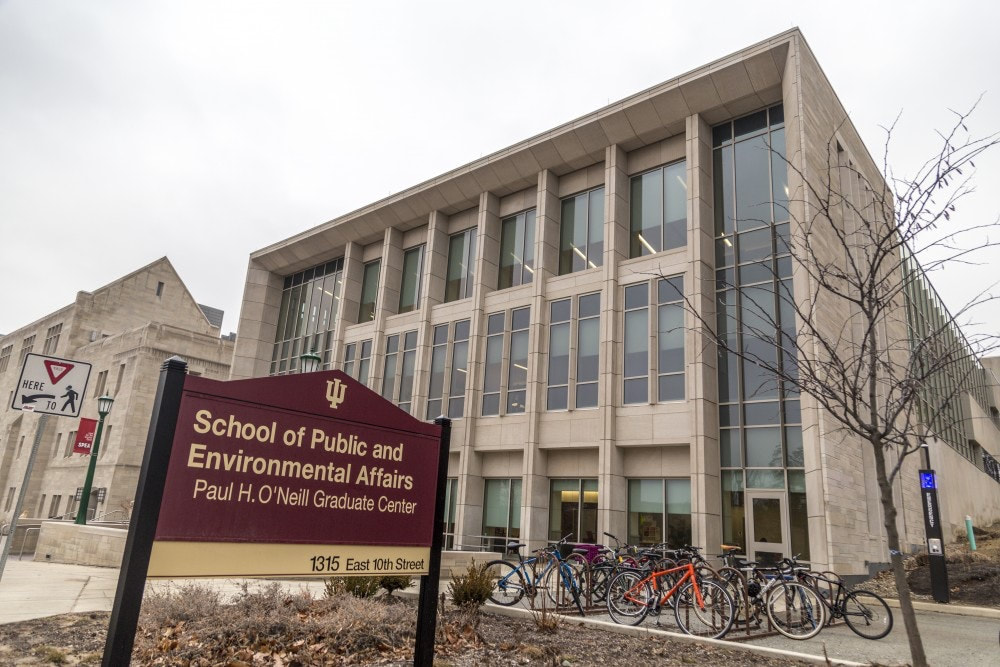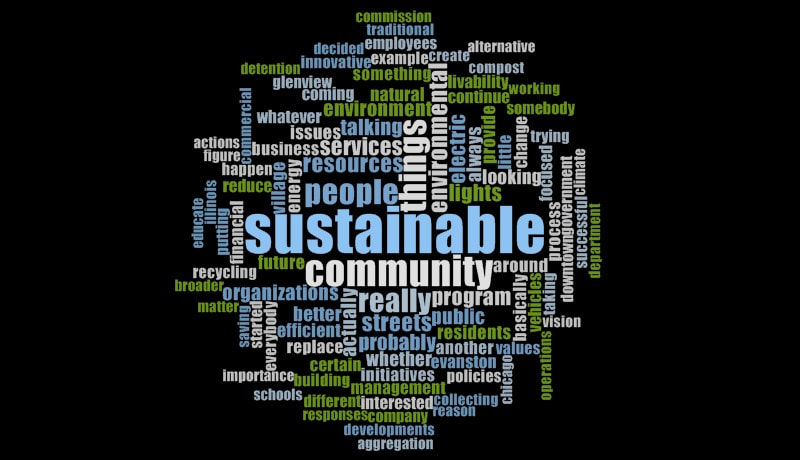|
SARS-CoV-2 (severe acute respiratory syndrome coronavirus 2), the virus that causes coronavirus disease (COVID-19), has exposed weaknesses—not in the United States’ federalist fabric, but in its degraded administrative systems and capacities. This article in the American Review of Public Administration argues that individual citizens—as tribalized and fractious as they seem—have been poorly served by public officials with career incentives to avoid risks, downplay long-term threats, and enact administrative burdens. Public administrators must advance a more equity-based assessment of vulnerabilities in American communities and more risk-based communication strategies. Citizens have never had access to more information—and thus more difficulty in discerning facts from fallacy. Public administrators are the planners, engineers, analysts, auditors, lawyers, and managers on the front lines of this and future existential crises. It is their job to sift through the information environment and—however boundedly—tackle problems. For the sake of the American democracy, public administrators need to regain the people’s trust. They could start by leveling with them about the challenges ahead.
Read on here.
1 Comment
House Democrats in June unveiled a 547-page climate action plan which includes a proposed re-start of the U.S. Energy Efficiency and Conservation Block Grant (EECBG) Program. While the plan is a political document unlikely to become law this year, the EECBG portion is good public policy. Let me explain why.
The EECBG program was funded as part of the 2009 American Recovery and Reinvestment Act (ARRA). It steered approximately $3.2 billion to 2,187 state, local and tribal governments, which undertook more than 7,400 energy-efficiency projects. Despite documented energy savings and job-creation, the program was never re-funded. Under the House Democrat plan, the EECBG re-start would be "for building electrification, which would expedite full decarbonization of buildings and early adoption of more ambitious building codes to achieve net-zero emissions." Local governments love these kinds of green-building projects, but often struggle financing or incentivizing them. Before local governments could get EECBG funds, they would need to "identify the communities most in need of energy efficiency improvements, including low-income communities with high energy cost burdens, and distribute funds according to those needs." This is basically what Megan Hatch, Eric Stokan and I recommend in a recent Public Administration Review article focused on equity-based responses to the COVID-19 pandemic. While the program was deemed a failure by some within the Department of Energy (largely because of implementation delays ), it produced a net job gain of 62,902 job years, avoided 25.7 million metric tons of carbon emissions, and led to $5.2 billion in total cumulative savings on energy bills, of which 70% came from residential consumers. It also helped many local governments which lacked the financial and technical capacity to launch their own programs from scratch. While hundreds of U.S. local governments have started sustainability efforts over the last two decades, the vast majority of these efforts minimize or ignore social equity. Research we published in Urban Affairs Review suggests local governments are also heavily path-dependent - especially when it comes to efforts to address racial and social inequities. We think re-starting and modifying the EECBG program to target social vulnerabilities is good policy because of the empirical evidence of the program's implementation lessons – but also because of the loss aversion tendencies of local governments. In essence, local governments are risk-averse when it comes to innovative policy endeavors. But they are more likely to double-down on their past investments. This is the difference between exploration strategies and exploitation strategies. When it comes to community development, climate policy and social equity, local governments are far more likely to exploit (stick with) what they already know how to do. In a recent study published in the Journal of Public Administration Research and Theory, William Swann, Richard Feiock and I examined this risk-aversion tendency in the context of the EECBG program. Using surveys of EECBG program participants, our study found that local governments engaged in risk-seeking behavior in order to minimize the potential loss of their prior effort. In other words, they were more risk-taking and likely to continue their sustainability efforts despite bad experiences, because they already had sunk costs or "skin in the game." However, our experimental results confirmed that local government administrators are risk-averse when asked to evaluate the merits of initiating a new sustainability program. The bottom line: federal instigation of sustainability programs is likely to be a more effective catalyst of climate action and social justice than simply leaving local governments alone. Using block grant-style programs to achieve policy aims also has the virtue of being a tried-and-true mechanism local governments have a lot of experience using. Like it or not, our federalist system has created tremendous local government dependencies on federal grants and policy directives. Re-starting a program like EECBG has the potential to provide both. |
AuthorI work as an Assistant Professor at the O'Neill School of Public and Environmental Affairs at Indiana University Bloomington. There, I direct the MGMT Lab. Archives
January 2023
Categories |


 RSS Feed
RSS Feed
